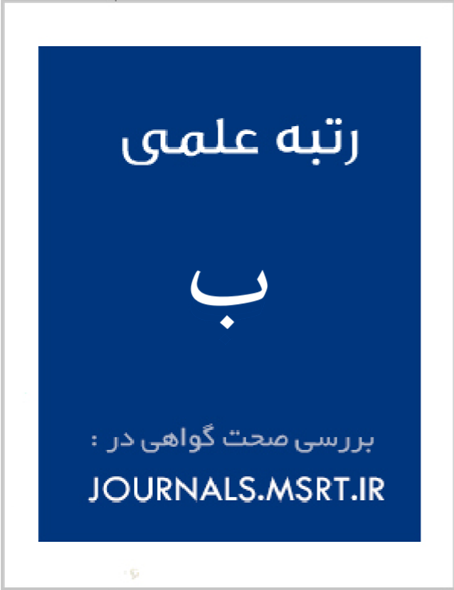Representation of Strategies for Cultivating Moral Virtues in the Islamic Family Context: A Qualitative Study
Keywords:
Moral education, Islamic family, ethical parenting, moral virtues, qualitative approach, thematic analysisAbstract
This study aimed to identify and represent the strategies used to cultivate moral virtues in Islamic families from the perspective of Muslim parents in Tehran. This qualitative study employed thematic analysis as its primary method. Data were collected through semi-structured interviews with 26 Muslim parents residing in Tehran, selected through purposive sampling. Interviews continued until theoretical saturation was achieved. All interviews were recorded, transcribed, and analyzed using Nvivo software. The data analysis process involved open, axial, and selective coding stages. The analysis revealed four main categories: "Parental Role Modeling," "Ethical–Religious Parenting Style," "Healthy Intra-Family Relationships," and "Behavioral and Value Structuring." Within these categories, subthemes such as honesty in parental behavior, encouragement of virtuous acts, emotional dialogue, and clear behavioral boundaries were identified. Parents transferred moral concepts through a combination of verbal, behavioral, and religious strategies. The findings suggest that moral upbringing in Islamic families is an interactive and meaningful process achieved through parental modeling, emotional bonding, and religious teachings. These insights can inform the development of Islamic values-based parenting education programs and support family-based moral development policies.
Downloads
Downloads
Published
Submitted
Revised
Accepted
Issue
Section
License

This work is licensed under a Creative Commons Attribution-NonCommercial 4.0 International License.


